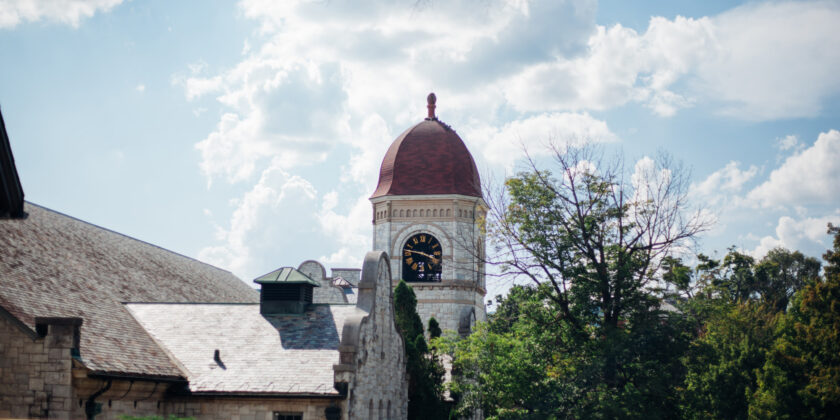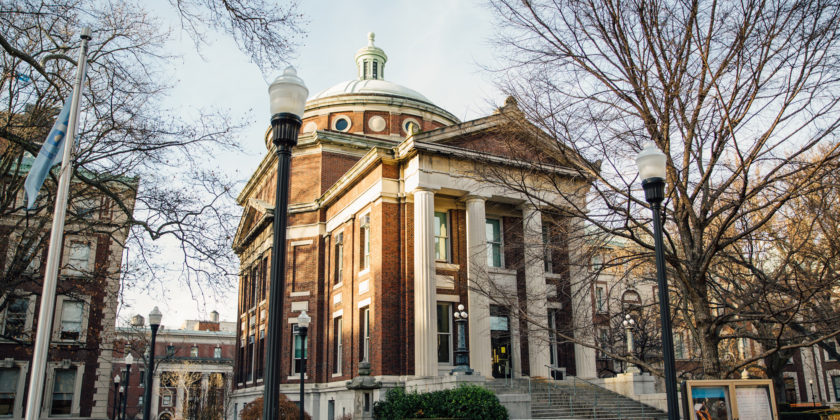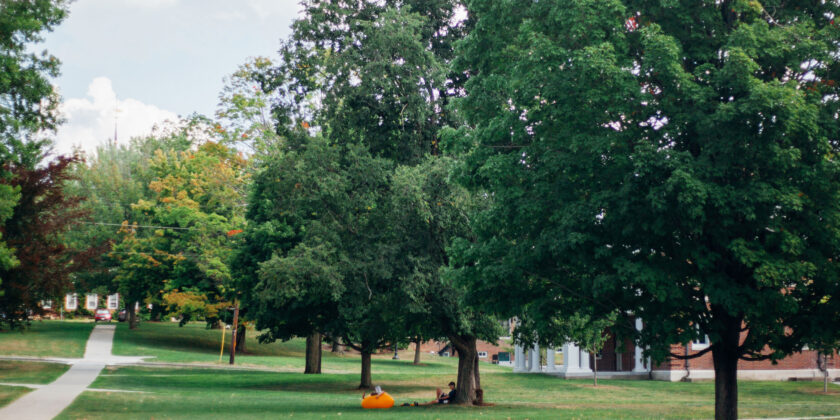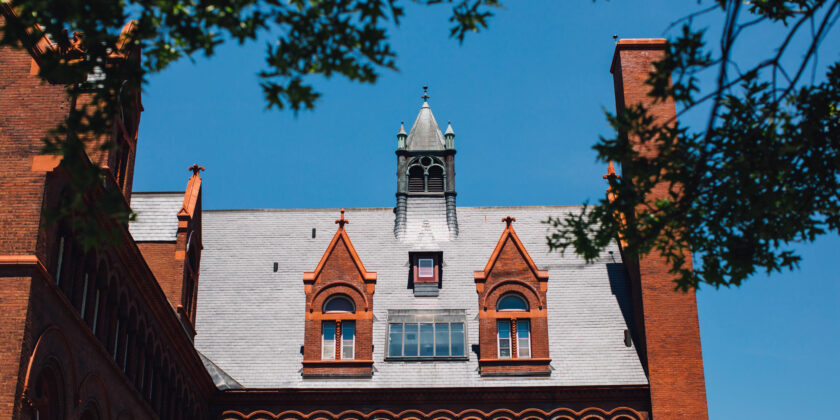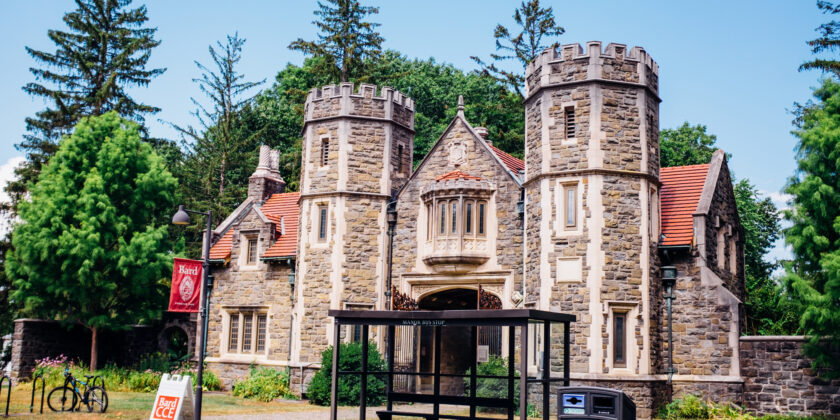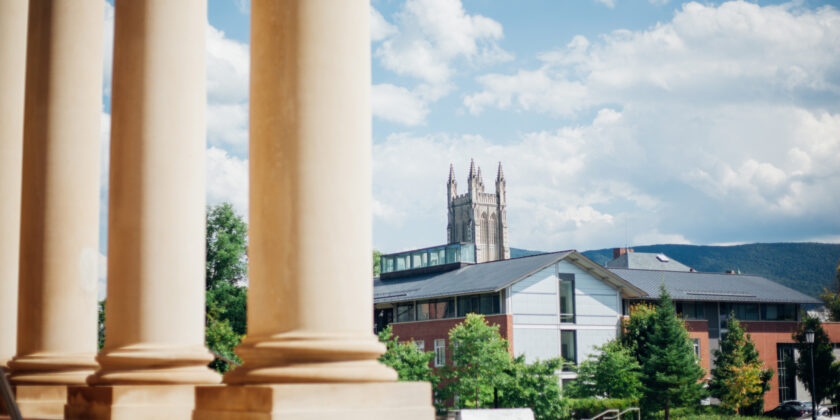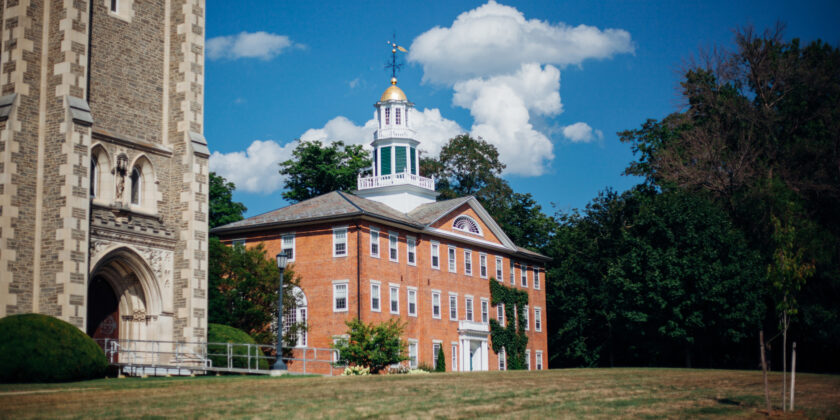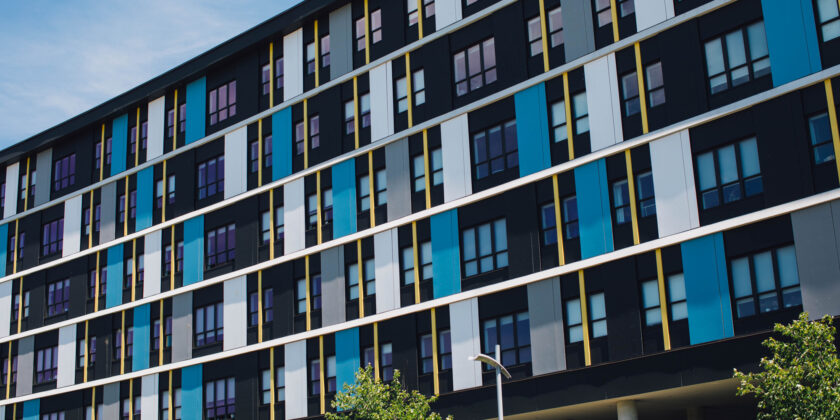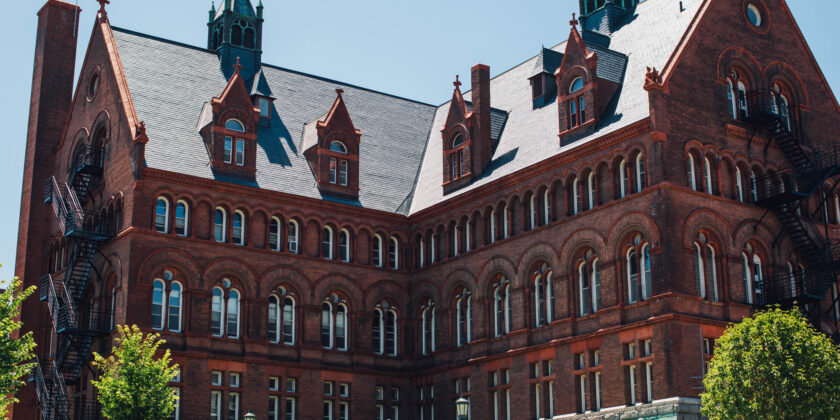CLA’s High School Internship Program
Looking to explore the world of business, professional services, or accounting and gain hands-on experience with real projects and clients? Discover your passions and pave the way for your future career with CLA’s high school internship program. Applications for CLA’s High School Internship Program will be open soon.
This program helps students get a head start in considering career options, understand the opportunities available in professional services, and work on real projects. The 2026 high school internship program is an immersive, four-week paid program designed to inspire and grow the next generation of accounting and professional services talent.
Experience Dates: June 15 – July 16 (off the week of June 29 – July 3 off)
Workdays: Monday – Thursday (In Person)
Work Hours: 9am to 4:30pm local time
Attire: Business casual
Technology: All interns are assigned a laptop while in the program.
More information here!
*Stay in the know! Subscribe*
